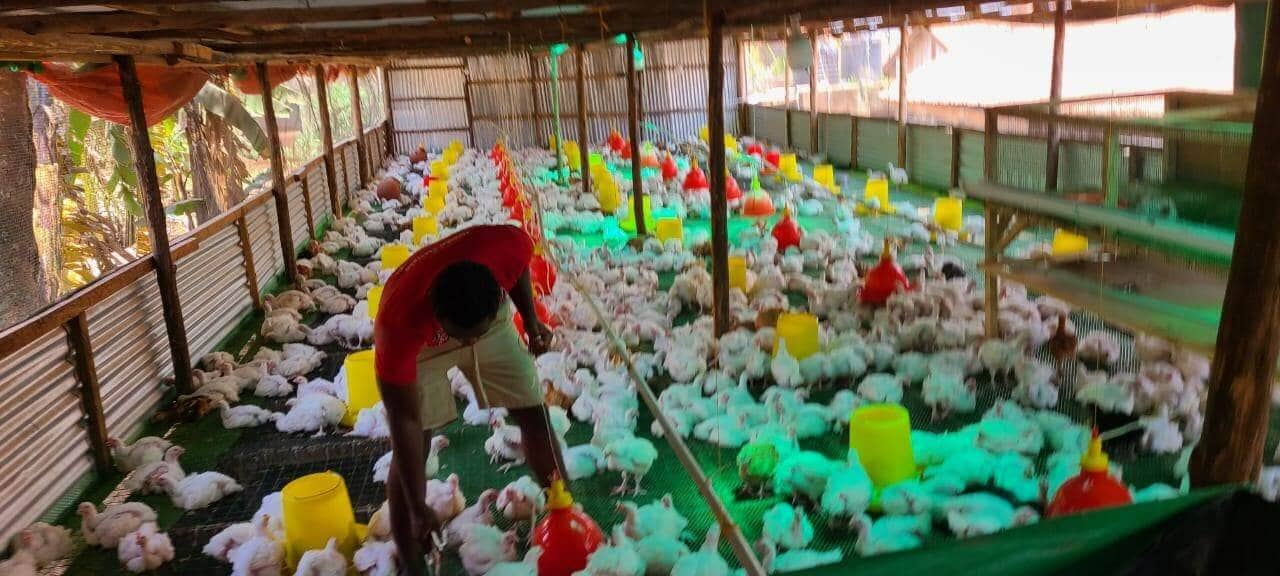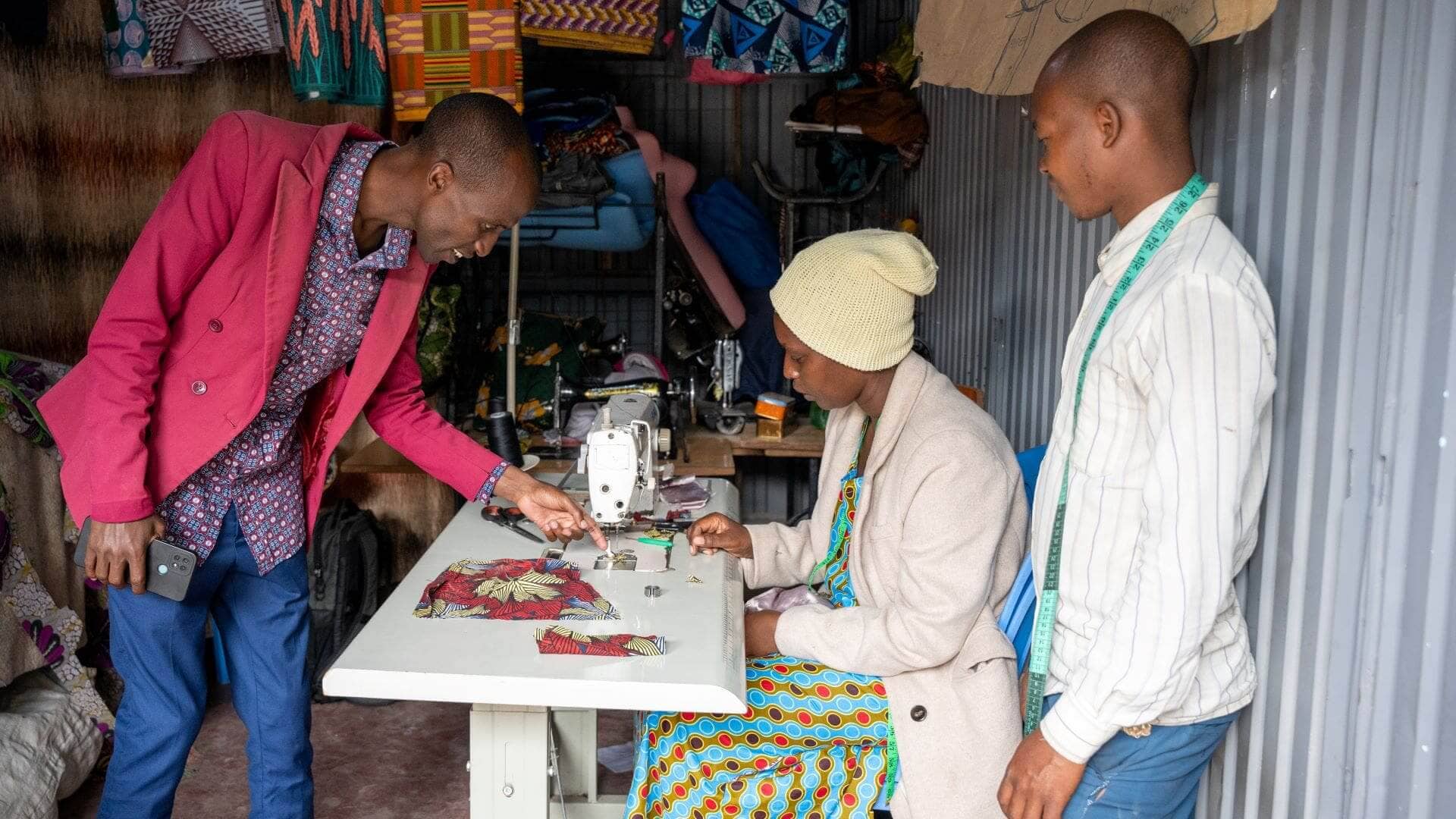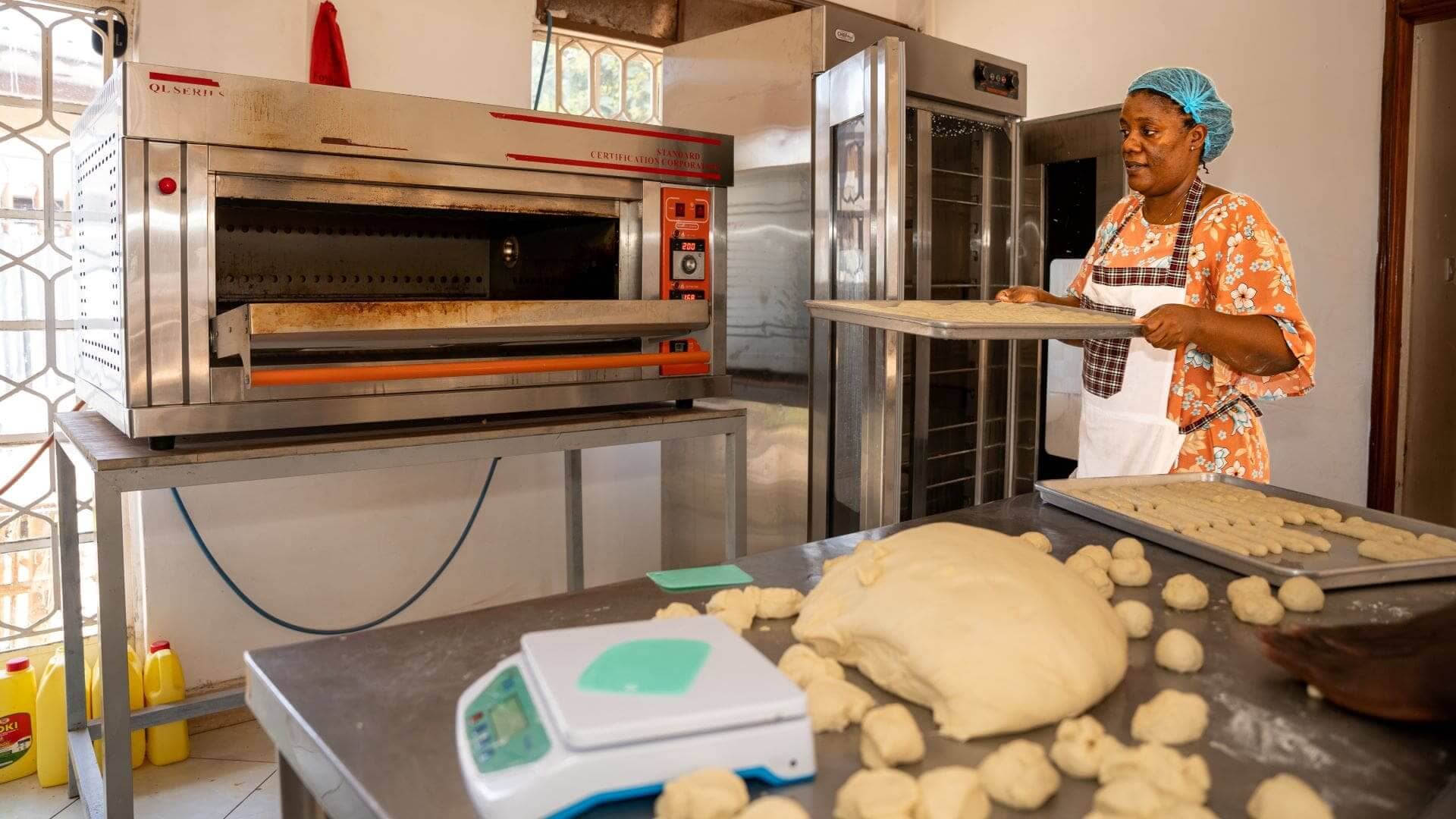Randomized Control Trial launched in Uganda
Randomized Control Trial launched in Uganda

In July 2022, a Randomized Control Trial (RCT) in which 600 mentors and 2,000 mentees are participating was launched in Kampala.
RCTs are a form of research in which participants are randomly assigned to one of two groups: one (the experimental group) receiving the intervention that is being tested, and the other (the comparison/control group) receiving an alternative intervention.
The RCT seeks to provide evidence of what works or does not work for micro-enterprises targeting urban refugees and their respective host communities. Specifically, the RCT in Kampala intends to find out the impact and cost-effectiveness of a combination of cash and mentorship on self-employment outcomes. It also seeks to identify cost-effective ways to improve social cohesion between urban refugees and host communities. The mentors and mentees are assigned to a control group, cash only group, basic mentorship, or shared fate group.
The study offers an opportunity for vulnerable urban refugees and Ugandans to receive business grants and mentorship from experienced business owners (including both urban refugees and Ugandans) living and operating in Kampala. The business grants will be used to start or expand existing small businesses.
Participants assigned to mentorship arms are required to meet once a week over a period of six months to discuss topics on how to start and grow their businesses. These discussions are guided by the mentors. The mentor profile is composed of urban refugees and Ugandans with three or more years of business experience. The sample of mentees consists of clients with little to no business experience. While the mentorship will be guided by the mentors’ experiences, a simple business skills curriculum has been provided for general guidance to the mentorship session.
The mentorship program itself will run for six months, while monitoring and data collection for all the study participants will run for a period of 18 months to assess the long-term impact. Findings from the study will inform the humanitarian and development sectors, private sector, civil society, and governments on how to structure high impact and cost-effective interventions to foster social cohesion while securing economic self-reliance for urban refugees and their host communities.
The research is being conducted under the Refugees in East Africa: Boosting Urban Innovations for Livelihoods Development (Re:Build) program which aims to offer direct livelihoods services to 20,000 urban refugees and vulnerable host residents in Kampala and Nairobi. A key foundation of Re:Build’s evidence and learning strategy is rigorous impact evaluations that seek to establish the effectiveness and cost-effectiveness of specific interventions and delivery approaches to address the barriers urban refugees experience as they pursue economic self-reliance. Re:Build is conducting this research in collaboration with the Center for Global Development (CGD, Georgetown University, University of Rochester, and researchers from the Economic Policy Research Centre (EPRC), a Ugandan think- tank.
In partnership with the IKEA Foundation, Re:Build brings together the International Rescue Committee (IRC), the Center for Global Development (CGD), Open Capital (OCA), Kampala Capital City Authority (KCCA) and Nairobi City Country Government (NCCG). The five-year program is committed to generate and share evidence for innovative, sustainable livelihoods solutions that can be adopted to support refugees and host residents in other cities in East Africa and beyond.


